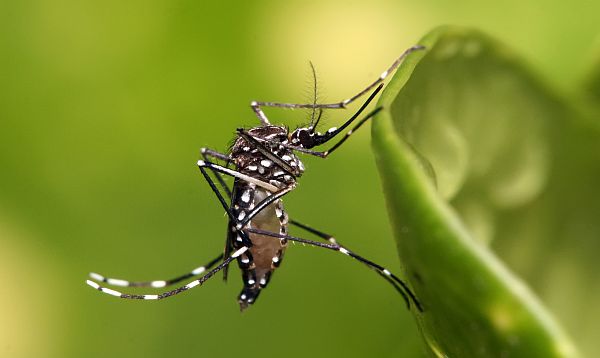Edinburg, Texas — Healthcare officials and epidemiologists representing 11 states from both sides of the US-Mexico border met last week at the University of Texas Rio Grande Valley to plan a pilot program aimed at monitoring mosquitoes capable of spreading viruses such as Zika as a preventive measure.
"We don't want to report human cases, we want to report, 'This is everything we are doing before there's a case,'" said Patricia Feria, an associate professor of biology at UTRGV. "When a case arrives, that's already regrettable."
The group of about 50 experts included UTRGV officials, representatives from Hidalgo County, the Center for Disease Control and Prevention, U.S. Department of Agriculture and Mexico's National Center of Preventive Programs and Control of Diseases (CENAPRECE).
These entities have been in communication in organizing this workshop since last year, Feria said, and the idea is to help replicate a successful monitoring system that already is in place in Mexico.
"If there's already a successful platform so close, since we share a border with Mexico, we think it would be best in time and efforts to adopt it," she said in Spanish. "Not because there are not good efforts here... it's just different efforts and they have a systematic monitoring system."
Using a systematic entomological monitoring system, officials from CENAPRECE said they have seen a decrease of dengue and similar diseases in high-risk areas throughout Mexico. Throughout the week, the Mexican health officials presented how they implemented the system to the attendees.
This initial workshop was meant to plan a process in which six UTRGV students will survey three areas in McAllen and one in Edinburg where the county already has identified a high number of vectors, or mosquitoes, capable of carrying and spreading viruses such as dengue, chikungunya and zika.
Original article


